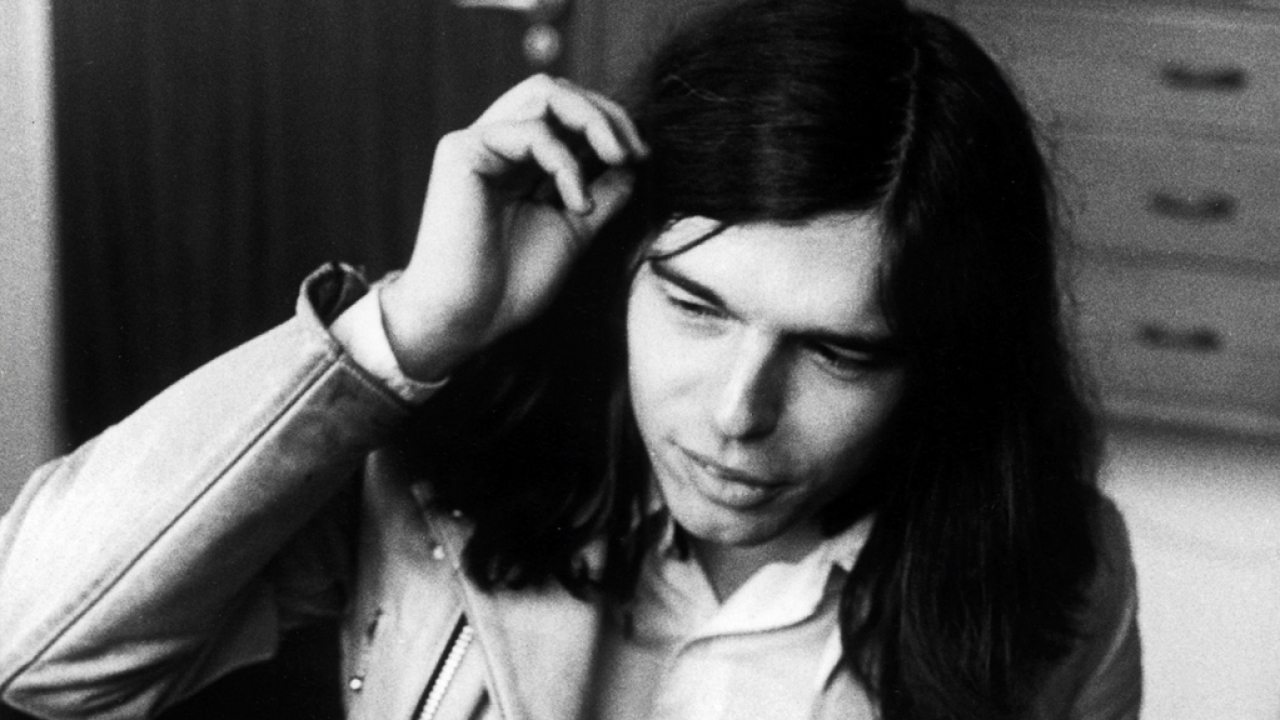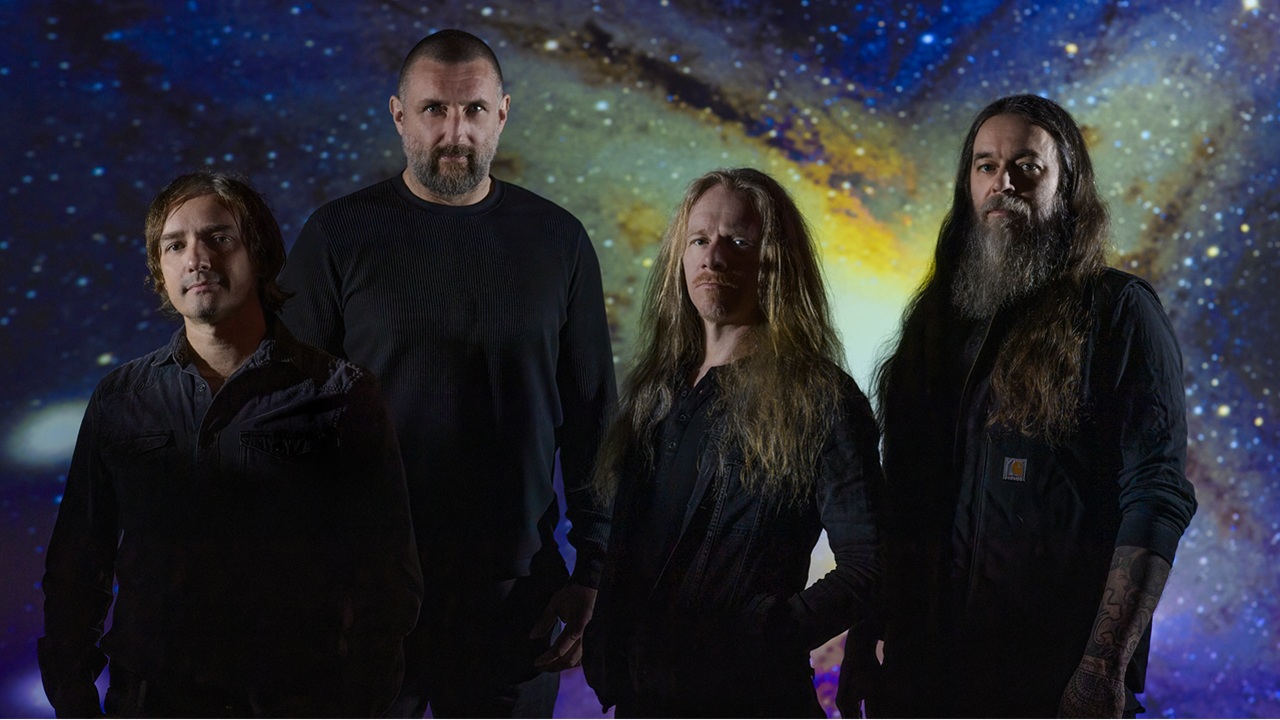Fame: Tony Visconti
Fame on the production line.

Do you get recognised in the street?
In the UK I get recognised all the time, maybe because I’ve been on telly more than I have here in the States. It doesn’t bother me, because I’m not a rock star. I know I won’t be mauled or get my hair pulled out.
When did you first become aware of being famous?
Marc Bolan put my photograph on the back of Tanx [1973] and I began to get recognised. But in those days producers weren’t stars. In the seventies people honestly thought a producer just sat in a chair, did nothing and got lots of money for it.
You’ve been well-placed to see the effects of fame on people. How did Bolan and Bowie handle it?
I don’t think they were very different. Anyone who gets famous and starts to accumulate wealth also has to find security. So both of them had minders. And of course you need a car to get around, so you might as well buy a nice one.
How did someone like Phil Lynott deal with fame?
Sign up below to get the latest from Classic Rock, plus exclusive special offers, direct to your inbox!
Phil was the quintessential rock star. He loved the adulation. He was a hundred per cent on all the time. He’d come to the recording session dressed up as a rock star, rather than turn up in a T-shirt or hoodie. And that’s probably one of the secrets of success: to be a star whenever you walk out of your front door.
Freelance writer for Classic Rock since 2008, and sister title Prog since its inception in 2009. Regular contributor to Uncut magazine for over 20 years. Other clients include Word magazine, Record Collector, The Guardian, Sunday Times, The Telegraph and When Saturday Comes. Alongside Marc Riley, co-presenter of long-running A-Z Of David Bowie podcast. Also appears twice a week on Riley’s BBC6 radio show, rifling through old copies of the NME and Melody Maker in the Parallel Universe slot. Designed Aston Villa’s kit during a previous life as a sportswear designer. Geezer Butler told him he loved the all-black away strip.

